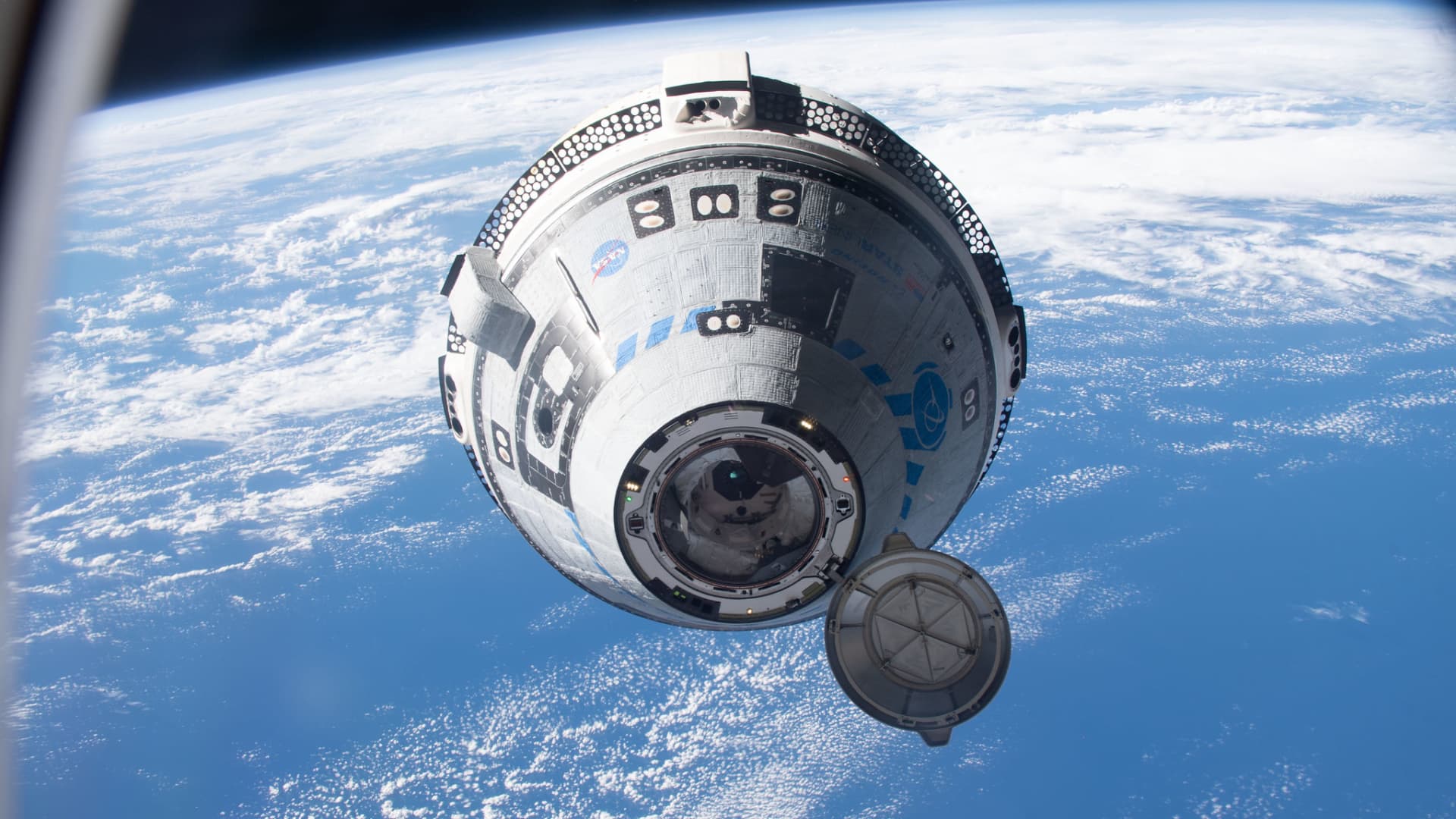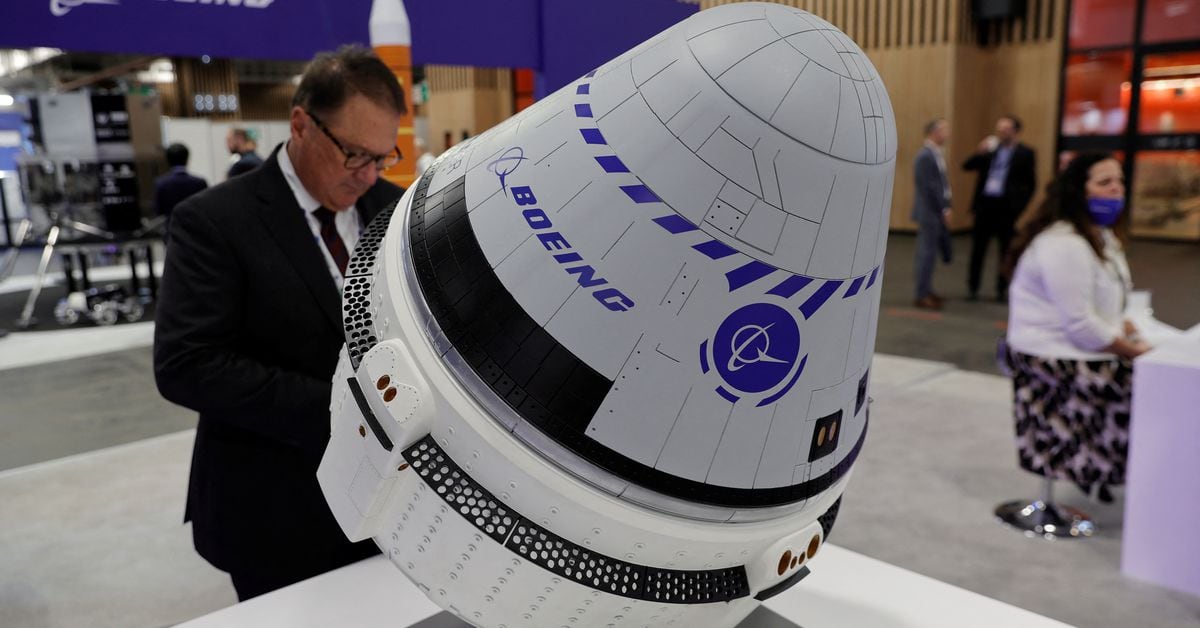So what next for Starliner? After a successful landing at it’s designated landing zone at White Sands, I wonder what the future is going to be for Starliner, I hope that there is going to be many more missions for Boeing’s capsule.
Hey, just thougt about an innocent joke to piss-off the SpaceX fanboys.
...
"Hey, did you notice that Starliner lands on solid ground while all Dragon 2 land at sea ? ain't ground landing safer for astronauts, and less expensive ?"
...
(prepares to be skinned alive)


